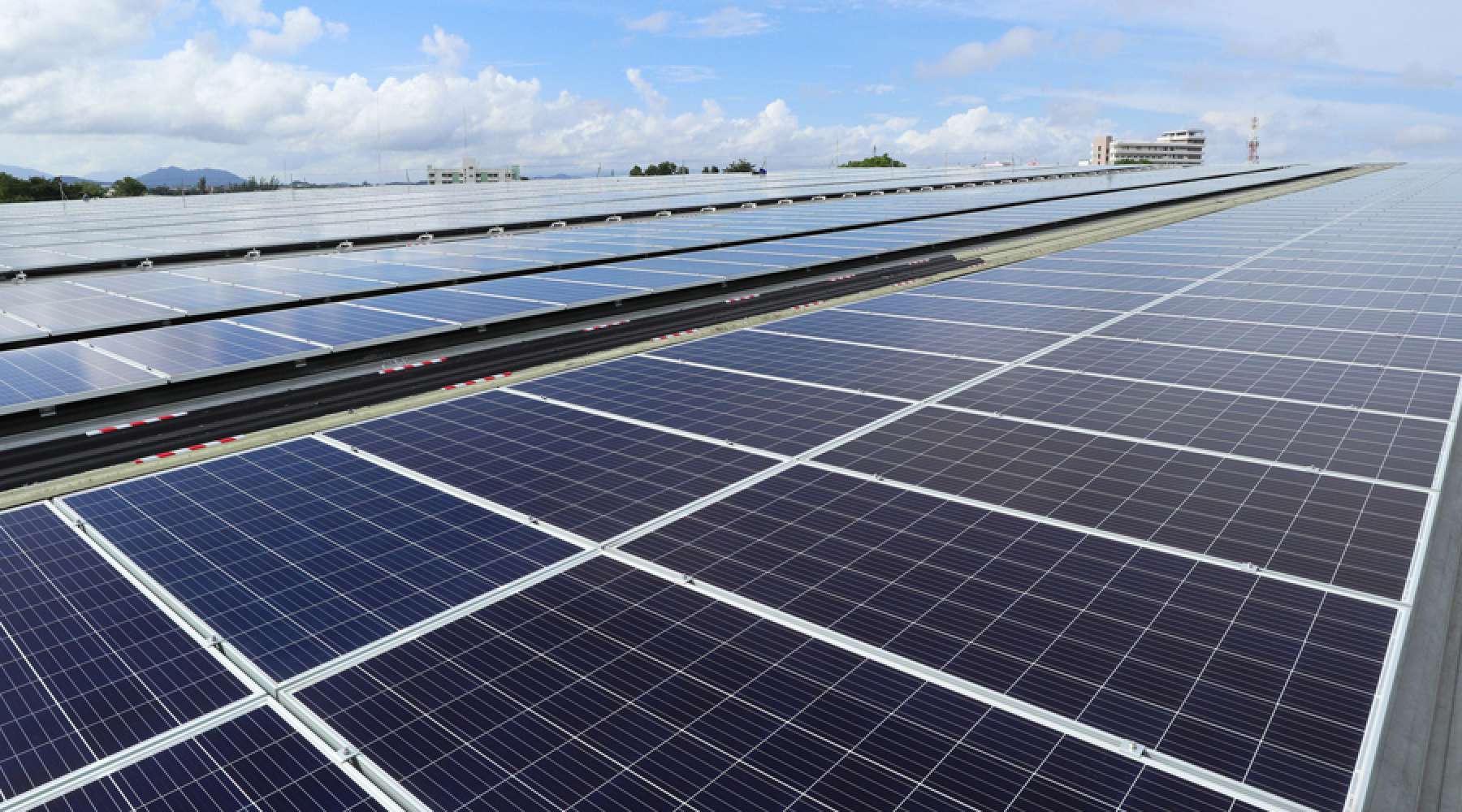
Prior to Tuck, I worked in international development, supporting government agencies and large international institutions focused on funding socially and environmentally impactful projects in sustainable agriculture, climate-resilient economic growth, and renewable energy. I came to business school because I realized that to solve one of our generation’s greatest challenges—responding to climate change while supporting economic growth—the efforts of the international development community alone were not enough. We must also harness the strength of the private sector to help solve society’s biggest challenges. This summer, with the support of the Center for Business, Government & Society’s Tuck Gives program and the Revers Center for Energy’s Career Exploration Fund, I had the opportunity to dive into this space firsthand through an incredible internship
I worked with the Gulf of Maine Research Institute (GMRI), a non-profit with expertise in climate technology and sustainable seafood that is focused on improving ocean health and supporting coastal economic resiliency. I joined GMRI just as it had started to expand into the for-profit private sector to increase its social and environmental impact. My work focused primarily on supporting the establishment of the investment thesis framework that GMRI would use for a new initiative it is launching in the venture capital space. This was a fortuitous opportunity to build on my experience coming from a donor-funded impact background and translate it into a private-sector venture capital approach. I collaborated with GMRI’s newly formed investment team to prioritize market segments that are mission-aligned, analyze industry gaps and opportunities, determine criteria to identify promising startup candidates, and scope out future strategic industry partnerships.
Historically, there has been a tradeoff between impact and returns where one must sacrifice returns to have a positive social or environmental impact. Through my work with GMRI, I realized this adage is truly changing and a new paradigm has emerged where businesses and investments can flourish and generate returns while also having tangible, positive, and long-lasting impact for our society and our environment. Everyone at GMRI is extremely passionate about making an impact and the financial success of the start-ups, and it can be difficult to find that perfect balance. But it is an exciting challenge to learn more about the complexities of evaluating investment opportunities across the return to impact continuum, and to figure out how to successfully get capital to the entrepreneurs with big ideas who are trying to tackle climate change. I appreciated getting to work with and learn from a group of industry-leading experts pushing for positive change, and I look forward to more opportunities to push conversations of impact forward in the venture community.